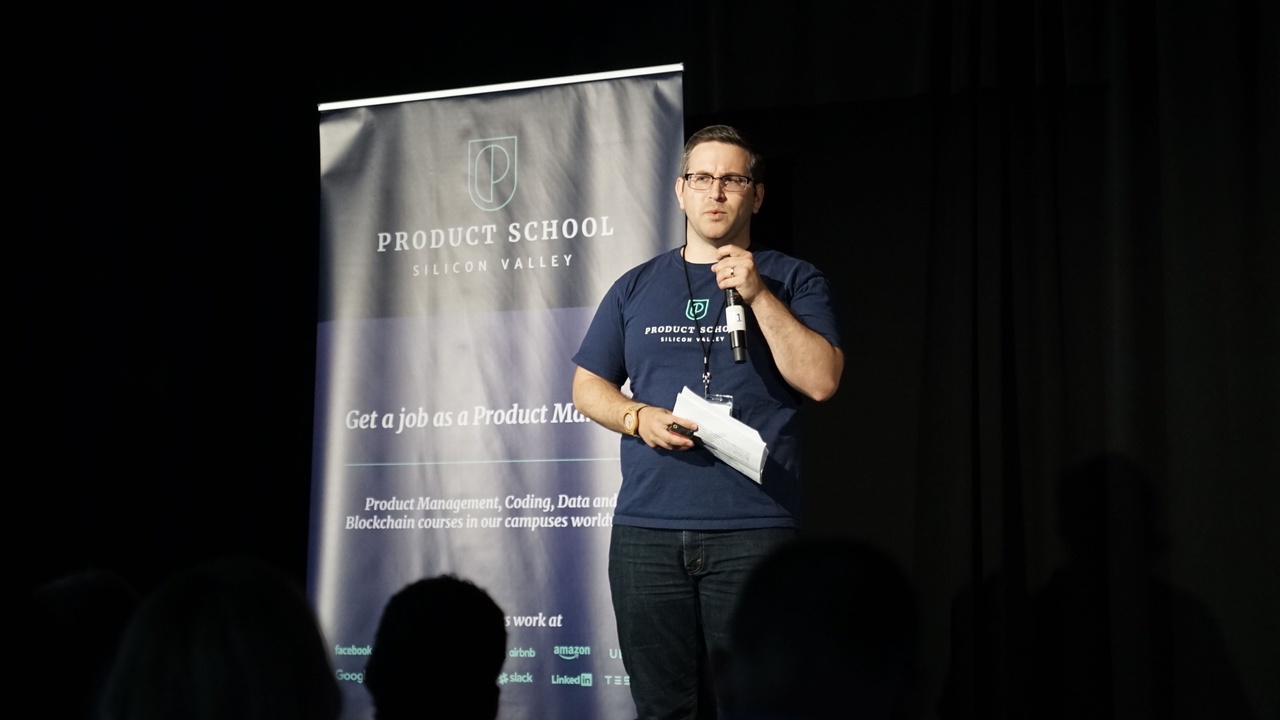How to Control Overthinking Things During the Pandemic

By John Millen
Many of my clients are smart people who by nature are deep thinkers.
But, as with all of us, their strengths may also be their weaknesses. They end up overthinking things, trapped by "analysis paralysis."
One of the interesting consequences I've heard from clients now working from home is that this isolation has deepened their overthinking. This is true even amongst people who are not usually overthinkers.
That's a problem because overthinking often impairs our judgment, making it even harder to come to a decision. In our business and personal lives, overthinking often leads to procrastination, frustration, delay, and poor results.
Working from home with all of its distractions and time in the same setting only compounds the effects of the Covid-19 pandemic.
With this in mind, here are seven of the best ways to combat overthinking during the pandemic and beyond:
1. Keep it simple
We can frequently overwhelm ourselves by creating too many options or by finding too many complex solutions to problems. The best solution is most often the simplest one.
Apple is well known for its sleek and elegant design. Steve Jobs explained: “The way we’re running the company, the product design, the advertising, it all comes down to this: Let’s make it simple. Really simple.”
In an era of excess, Jobs’ minimalist approach was radical. He returned to Apple in 1997, when the company was trailing behind Microsoft and sales were down by 30 percent. Jobs reduced Apple’s product lineup by 70 percent, including a focus on building only four Mac computers: a desktop and a laptop, two for consumers and two for professionals.
The greater simplicity increased focus and quality, as well as profitability that has led Apple to become the world’s most valuable company. It was a return to Apple’s roots, as its first marketing brochure said in 1977: “Simplicity is the ultimate sophistication.”
Like Apple, think of producing with a minimalist mindset. Find the simplest solution.
2. Done is better than perfect
“Perfect is the enemy of good,” wrote Voltaire. In our quest for perfection, we can often stop doing something or drop a project because it’s “not good enough.” Perfectionism is a never-ending quest since there is no such thing as “perfect.”
When developing a project, it can be tempting to wait to release it or show others until it’s completely “done.” But unreasonable standards can make it impossible to ever complete.
3. Set a hard deadline
One of author Seth Godin’s famous mantras is “ship it.” It means to set an unwavering deadline for a project and at that point release it out into the world, no matter what. If people come up with additions and other ideas during the process, those are parked in a holding pen for Product 2.0, your next iteration.
4. Imagine the best-case scenario
For many of us, fear is the root of overthinking. It holds us in place like a frozen rabbit, as if staying still will keep something bad from happening.
I have a CEO client who likes to say that when people look into the open door of a dark room, they never imagine it’s filled with angels. Our imagination of the future usually paints a negative picture.
But most of the terrible things we imagine never happen. Instead of always preparing for the worst-case scenario, we should try to imagine the best possible outcome. What good could happen?
5. Stay in the moment
Overthinking can cause us to dwell too much in the future, or to rehash the past, instead of staying rooted in the present. By thinking of everything that could happen tomorrow, you take away the opportunity to enjoy today and take action now.
6. Adopt a beginner’s mind
A fresh perspective can help to prevent overthinking. The beginner’s mind or shoshin is a concept that comes from Zen Buddhism. It teaches, “In the beginner’s mind there are many possibilities. In the expert’s mind, there are few.”
By adopting a beginner’s mind, we can become open to simple ideas less burdened by our thoughts and old beliefs.
7. Take action
The best antidote to fear and overthinking is action. Take action. Do something. What’s the next action you can take to move closer to your goal?
A small step forward is enough to create momentum in a project without triggering perfectionist tendencies. Starting is the hardest part and can cause stress and worry. Soon momentum kicks in and you're making consistent progress.
Again, done is better than perfect and one small step is preferable to standing still.
What about you?
Are you an overthinker?
How do you control overthinking?
I really enjoy hearing your stories. If you want to share your thoughts with me, send me a message and I'll get right back to you.
If you'd like my best messages delivered to your email box every Sunday morning, join thousands of leaders with your own subscription.








